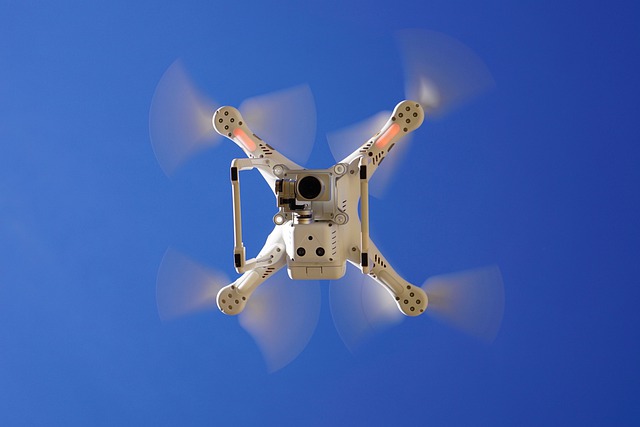Use of devices in pineapple cultivation launched on experimental basis in Ernakulam district
Use of devices in pineapple cultivation launched on experimental basis in Ernakulam district
Farmers, officials from the Agriculture department and the Kerala Agricultural University, Ernakulam district panchayat president Ullas Thomas, block panchayat president Jose Augustine and members of the public were all eyes and ears when the experiment using drones to spray fertilizers in pineapple fields was about to begin on Saturday.
The venue was the over 7.5 acres at Sidhanpadi in Ayavana panchayat in Ernakulam district, belonging to George Jacob (Raju Malekkudiyil), where the new devices were being used to spray the common 19:19:19 or NPK mixture. The use of drones for farming purposes was a rare occasion, and the first in pineapple cultivation.
Paddy cultivation has seen the use of drones to spray fertilizers quite expansively in the State. But, the use of drones over pineapple fields, vastly a rubber intercrop, had been more problematic, said Mr. Jacob. However, a senior official of the Agriculture department, which has launched a campaign to mechanise agriculture in the State, said the use of drones in farming stood to expand in the future with rising labour cost and periodic shortage of hands.
Rubber cultivation, where the use of drones is considered to have great prospects, has not seen deployment of the new machines though a recently identified leaf disease, considered a big threat to the cash crop, could well be contained using drones. An official of the Rubber Board, which had organised an exhibition on the use of drones recently, said about 20,000 to 30,000 hectares of rubber fields required pesticide spraying to contain the disease annually. The Board had provided a subsidy for spraying 10,000 hectares last year.
Joseph Karukappally, a farmer and businessman who has vast experience in helicopter spraying of rubber fields, said the government policies were a drawback. The limit on weight that could be carried by a drone per sortie was one of the problems. Besides, owning and operating a drone is quite expensive for individual farmers with accessories such as batteries being expensive and needing to be charged at short intervals. He said that while drones might well be suited for use in crops such as paddy and rubber, the machines might not be effective and smooth for crops such as cardamom, coffee and tea, cultivated on uneven terrains.
The Rubber Board official said the Board might approach the Union Ministry of Civil Aviation for raising the limit on the height at which drones could fly because rubber trees grow quickly.
James George of the Pineapple Growers’ Association said farmers would keep their fingers crossed because the technology looked good for pineapple for about two years, during which period the rubber plants would grow quickly. Pineapple is grown in the State mostly as part of intercropping with rubber.
